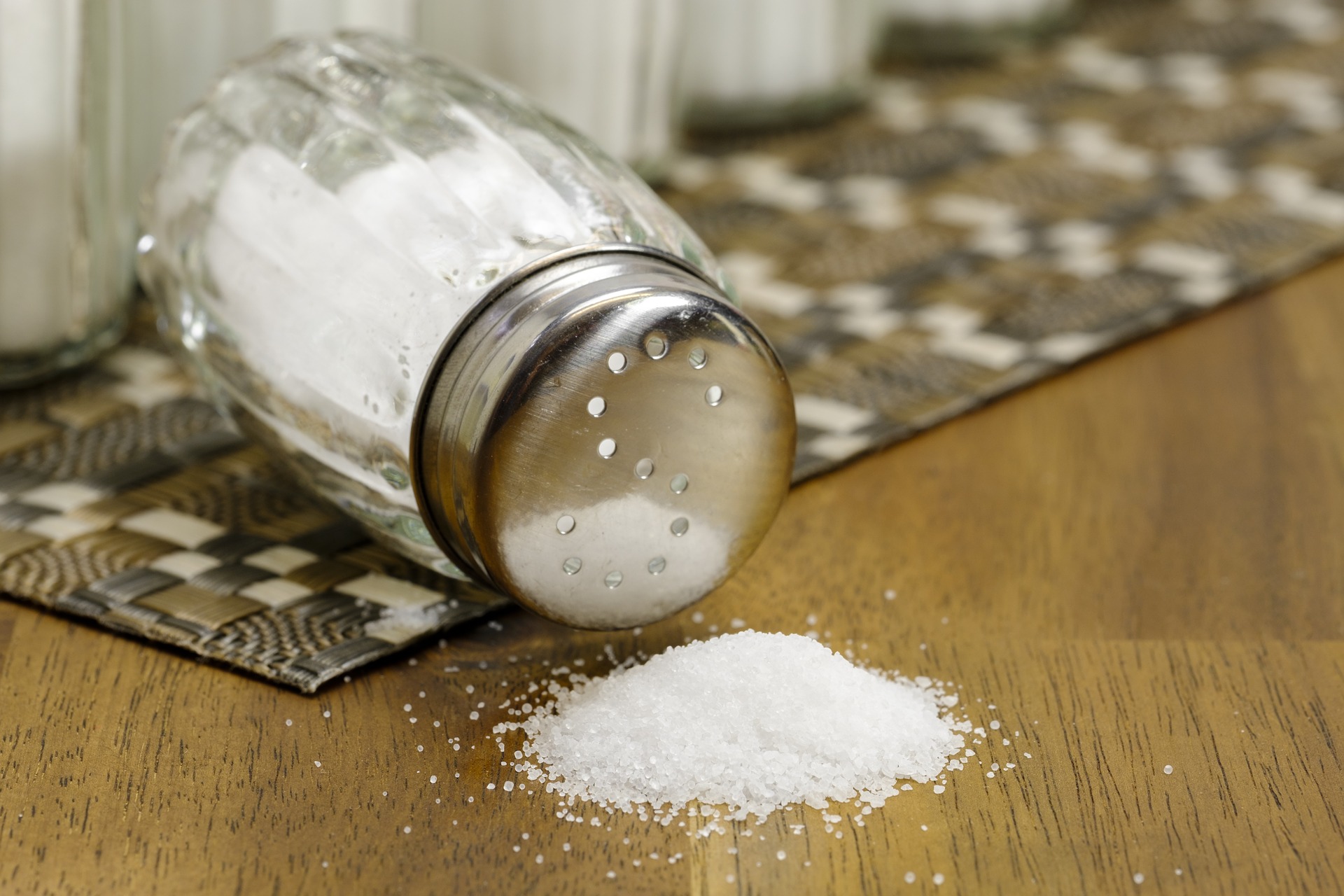Chloride
Chloride is a negatively charged electrolyte, which, together with other mineral molecules (e.g. sodium, potassium), is responsible for regulating the body’s fluid balance and maintaining acid-base balance. It also helps maintain electrical neutrality (resting potential) in cell membranes and potential change when a stimulus is generated. It is present in all fluids in our body but is found in the greatest amount in the blood. It typically enters our body with salt, is absorbed through the gastrointestinal tract, and excess is excreted in the urine. Normally, its level is overwhelmingly constant.
What does the test show?
The test shows possible electrolyte imbalance, hyperchloremia (elevated chloride levels) and hypochloraemia (low chloride levels).
In which cases is it recommended to perform the test?
Chloride levels are usually measured with other electrolytes as part of a general examination, but your doctor may order a chloride test in case of prolonged vomiting, diarrhoea, or weakness, or to help diagnose various chronic conditions such as high blood pressure or heart failure.
What sample is needed for the test?
A blood sample taken from a vein is needed for the test.

What can the result indicate?
Chloride levels depend on the amount of fluid in the body, but certain medications (such as diuretics, antipyretics) can also affect chloride levels. Elevated chloride levels may indicate dehydration, but they are also high when too many alkaline compounds are removed from the body.
Low chloride levels indicate diseases where sodium levels are also decreased, such as chronic vomiting, diarrhoea, or lung disease.
What to do after the test?
The test alone cannot diagnose any disease, and in all cases consult an internist or haematologist to determine the exact diagnosis and necessary therapy.

